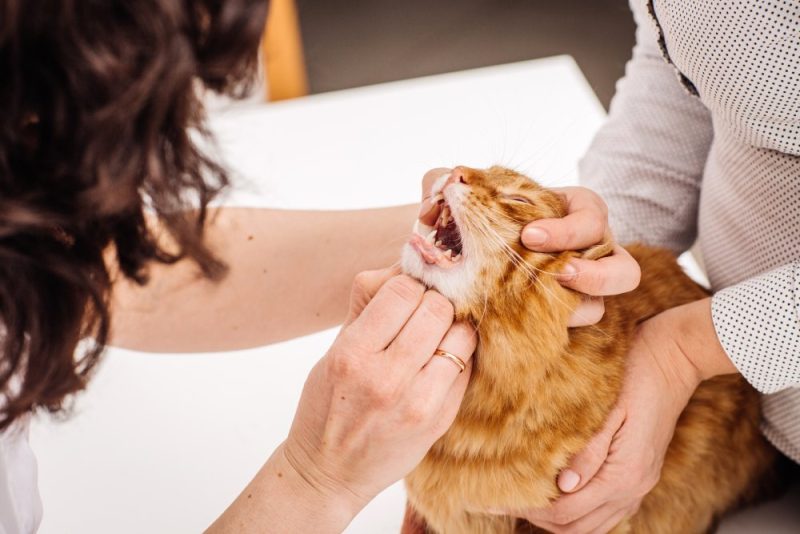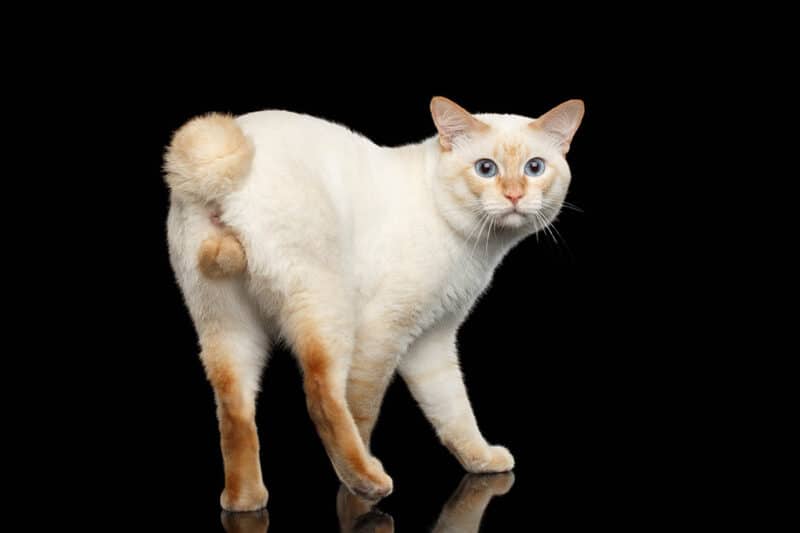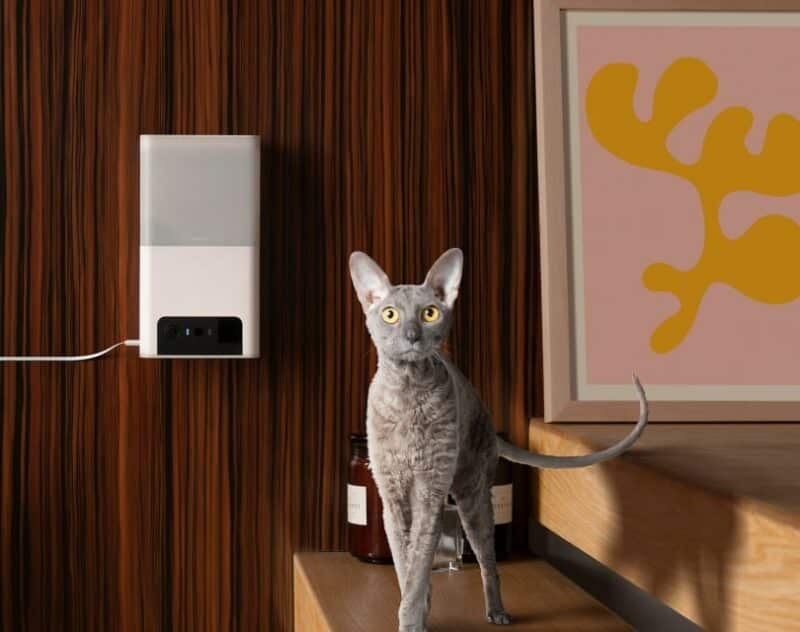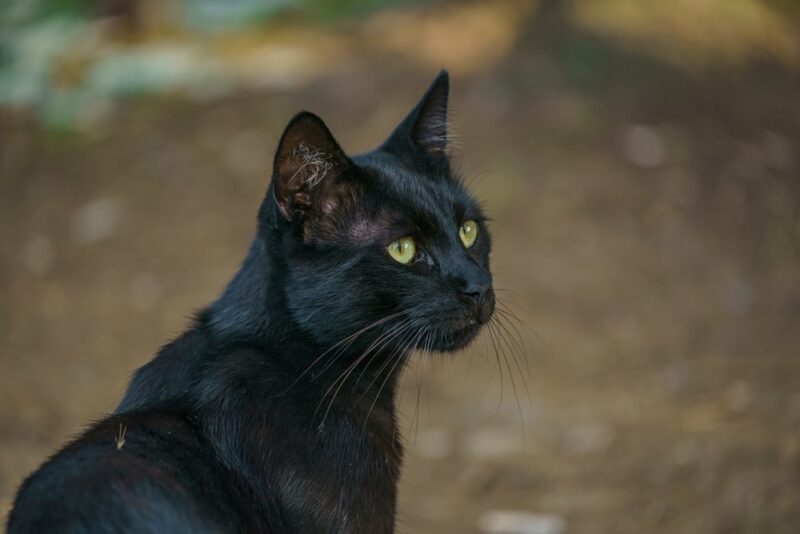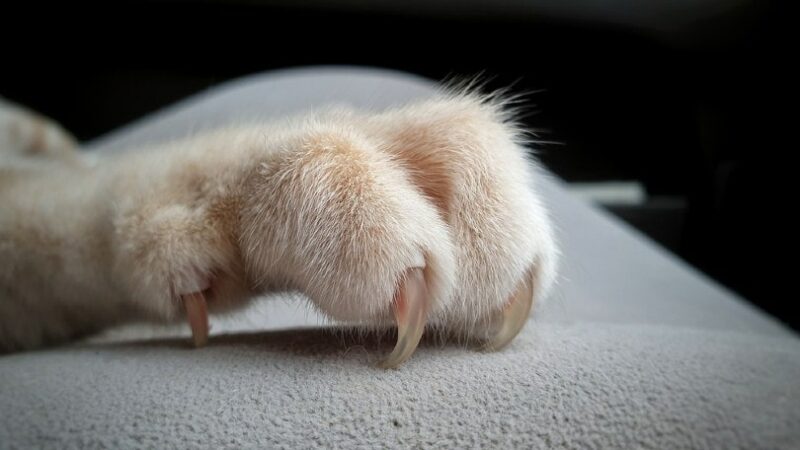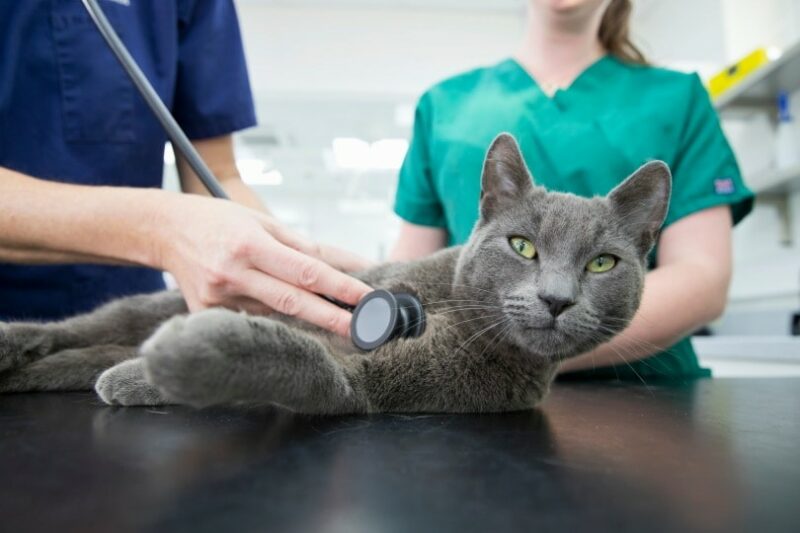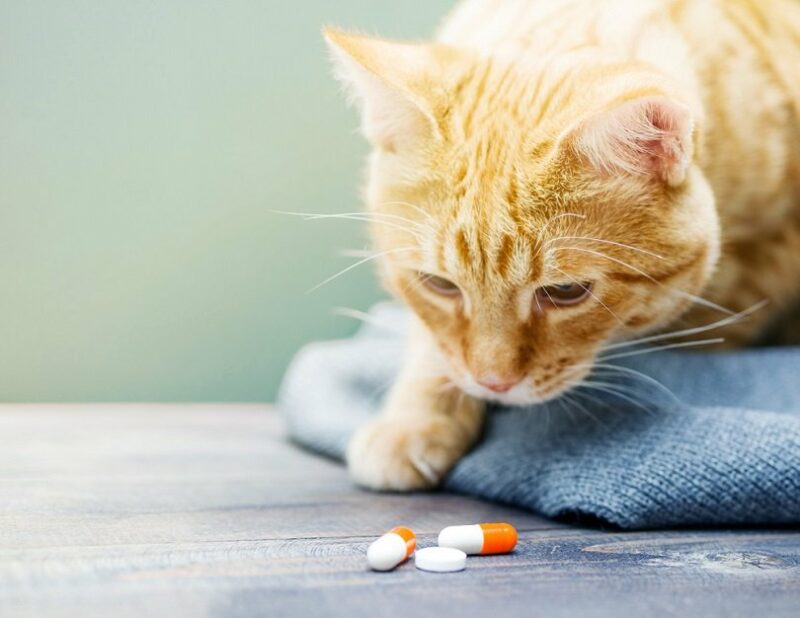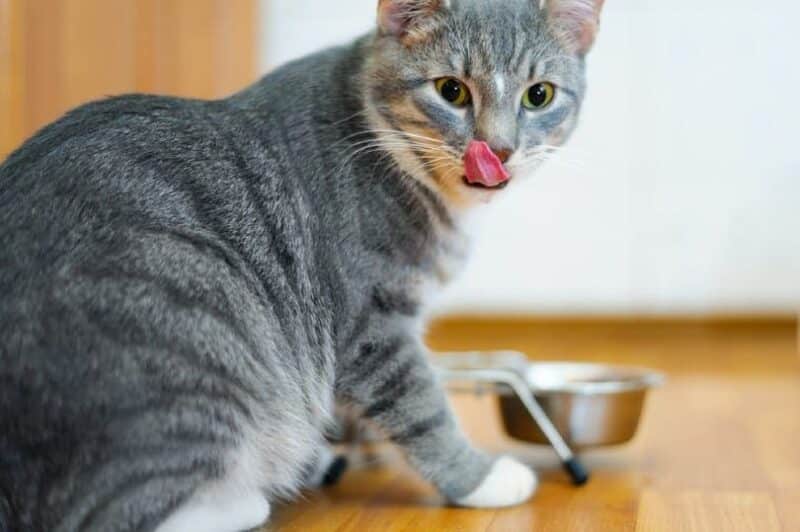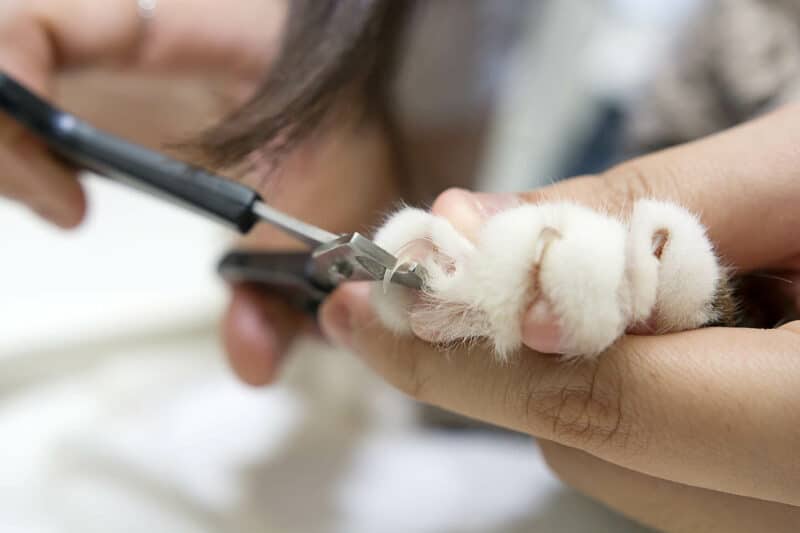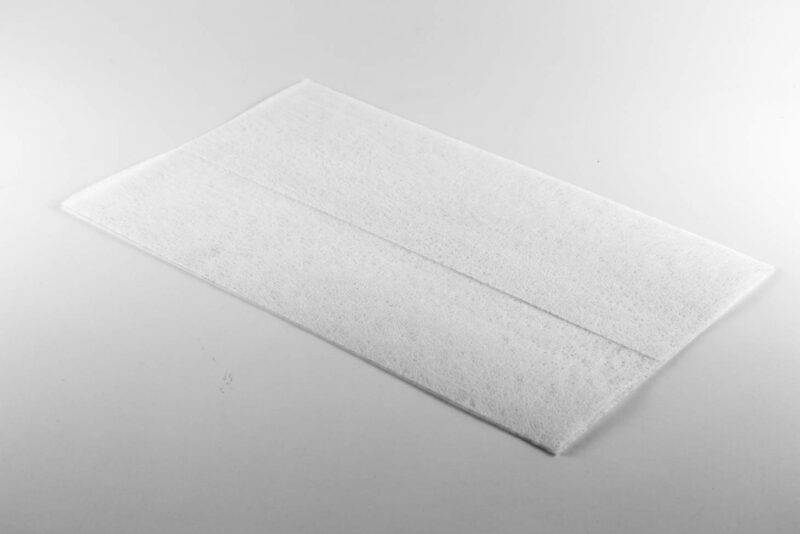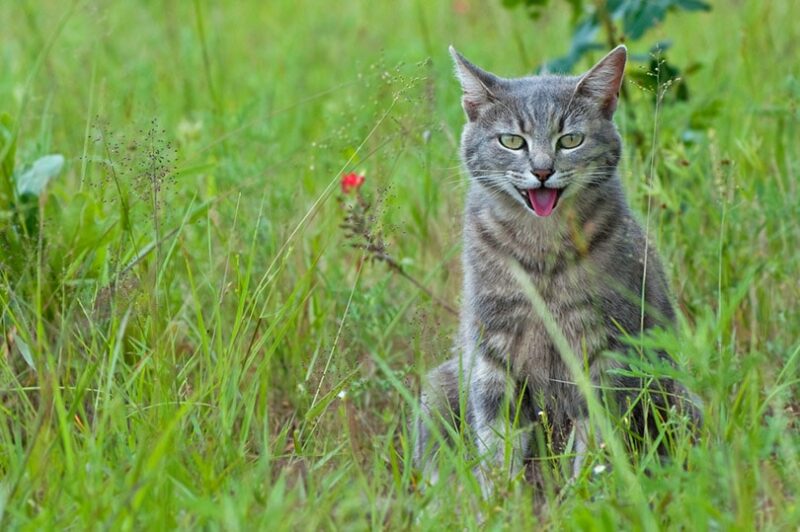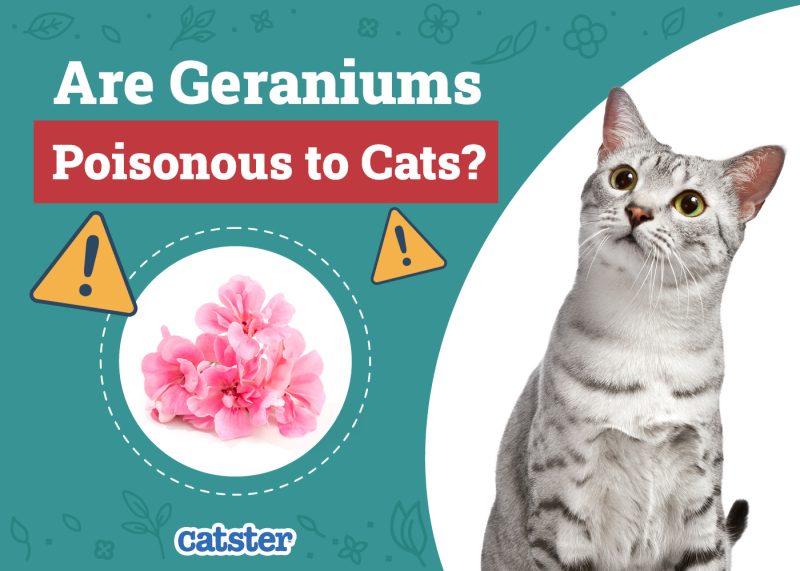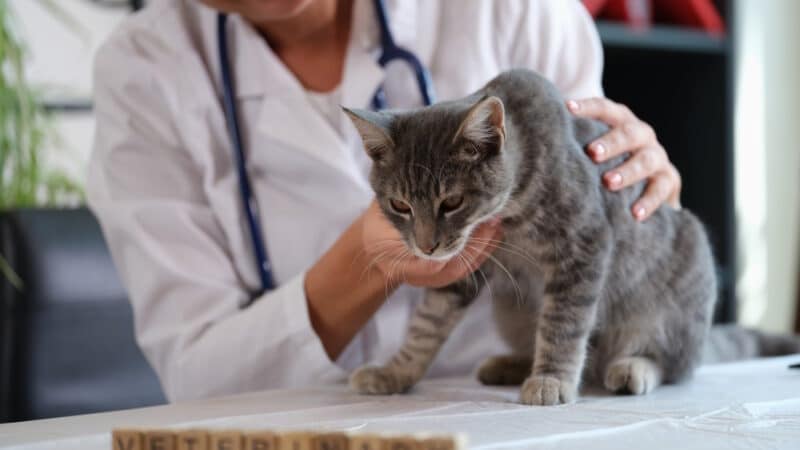Whether they’re yelling at us for more food, booping our head with theirs, or helpfully cleaning our eyebrows, we often find ourselves in pretty close proximity to our cats’ mouths, so when something is amiss, we usually know. Although it can be more challenging to see what’s going on inside your cat’s mouth, lesions on the outside can be quite worrying.
There are four main causes of sores around the mouth in cats: indolent ulcers, feline acne, infection, and squamous cell carcinoma. We’re going to look at the clinical signs and treatment of each of these in the following article.

What Causes Sores Around a Cat’s Mouth?
Most of the diseases that cause sores around a cat’s mouth can appear quite similar. Diagnosing them will usually involve taking a clinical history, looking for other lesions inside the mouth or around the body, or taking samples for cytology.
Sometimes sores around the mouth can be an indication of an underlying disease process, such as feline leukemia, feline immunodeficiency virus, or feline herpesvirus, so a vet may also recommend blood tests.
1. Indolent Ulcers
These lesions are known under a few different names, including eosinophilic granulomas and rodent ulcers. The latter came from an old (and incorrect) belief that these swollen lip lesions were the result of a rat bite. In reality, they are a response to immune stimulation.
Clinical Signs
These ulcers often appear as mildly inflamed swellings on the middle of the lower lip, but they can form anywhere around the mouth. Mild cases will resolve on their own, but most of the time, they require treatment of some sort.
If the indolent ulcer becomes deep and infected, it can be quite painful, resulting in excessive salivation, even making it difficult for the cat to eat. One of the main differentials for indolent ulcers of the mouth is squamous cell carcinoma (which we will discuss later); however, this tends to affect older cats, whereas indolent ulcers are more commonly seen in younger/middle-aged cats.
If your pet is showing these signs, we suggest you speak to a vet.
If you need to speak with a vet but can't get to one, head over to PangoVet. It's an online service where you can talk to a vet online and get the advice you need for your pet — all at an affordable price!

Treatment
Treating oral indolent ulcers involves a two-pronged approach: treating the ulcer and identifying and treating the immune stimulus.
Treatment of the ulcer usually involves a high dose of steroids, which may need to be repeated once or twice. This settles the effects of the immune reaction and brings the swelling down. If there is an infection present, antibiotics or an antibacterial cleaner may be used.
The most common cause of the immune reaction is fleas, with food hypersensitivity being another potential trigger. Good flea prevention is therefore essential to the management and prevention of this condition. If a food allergy is suspected, an elimination diet using a novel protein or hypoallergenic diet may be recommended.
Sometimes, the immune trigger cannot be identified, and treatment is focused solely on bringing the inflammation under control. In most cases, the prognosis for cats with indolent ulcers of the mouth is quite good, although it is not unusual for the lesions to recur seasonally.
2. Feline Acne
Also known as follicular keratinization, feline acne is a particularly common feline affliction, but fortunately, it is rarely a severe one. The most common sign of feline acne is dark crusts or scabs under the chin, where the skin becomes thickened around the follicles, causing an accumulation of natural skin oils and cells. These lesions can become inflamed and infected and require antibiotic treatment. In most cases, feline acne can be managed with an antibacterial skin cleanser.
The actual cause of feline acne is unknown; however, any conditions that could cause immunosuppression or skin reactions could exacerbate it.
Infection
Infection can occur anywhere in and around the body, including the face and mouth. The conditions already discussed can develop secondary infections, or your cat may have a wound that has become infected. Severe dental disease can even cause inflammation and infection of the lips, so a thorough dental examination is always needed when your cat has sores around the mouth.
Some fungal infections can also affect the mouth, face, and lips, including ringworm and fungal stomatitis.
Treatment will depend on the type and location of the infection and will often involve a combination of oral medications and topical treatments.
3. Squamous Cell Carcinoma
This is the most common form of skin cancer in cats, and it is most often found around the eyes, nose, ears, and mouth. Squamous cell carcinoma (SCC) is a malignant and invasive tumor, with early surgical removal often quite effective. Unfortunately, many cases are quite advanced before a diagnosis is made, particularly when the tumor is located inside the mouth.
SCC can easily be mistaken for an indolent ulcer in the early stages, so cytology is a good idea to rule it out. SCC is more common inside the mouth than around the outside, so we recommend getting your cat comfortable with having their mouth examined, as early detection could save their life.
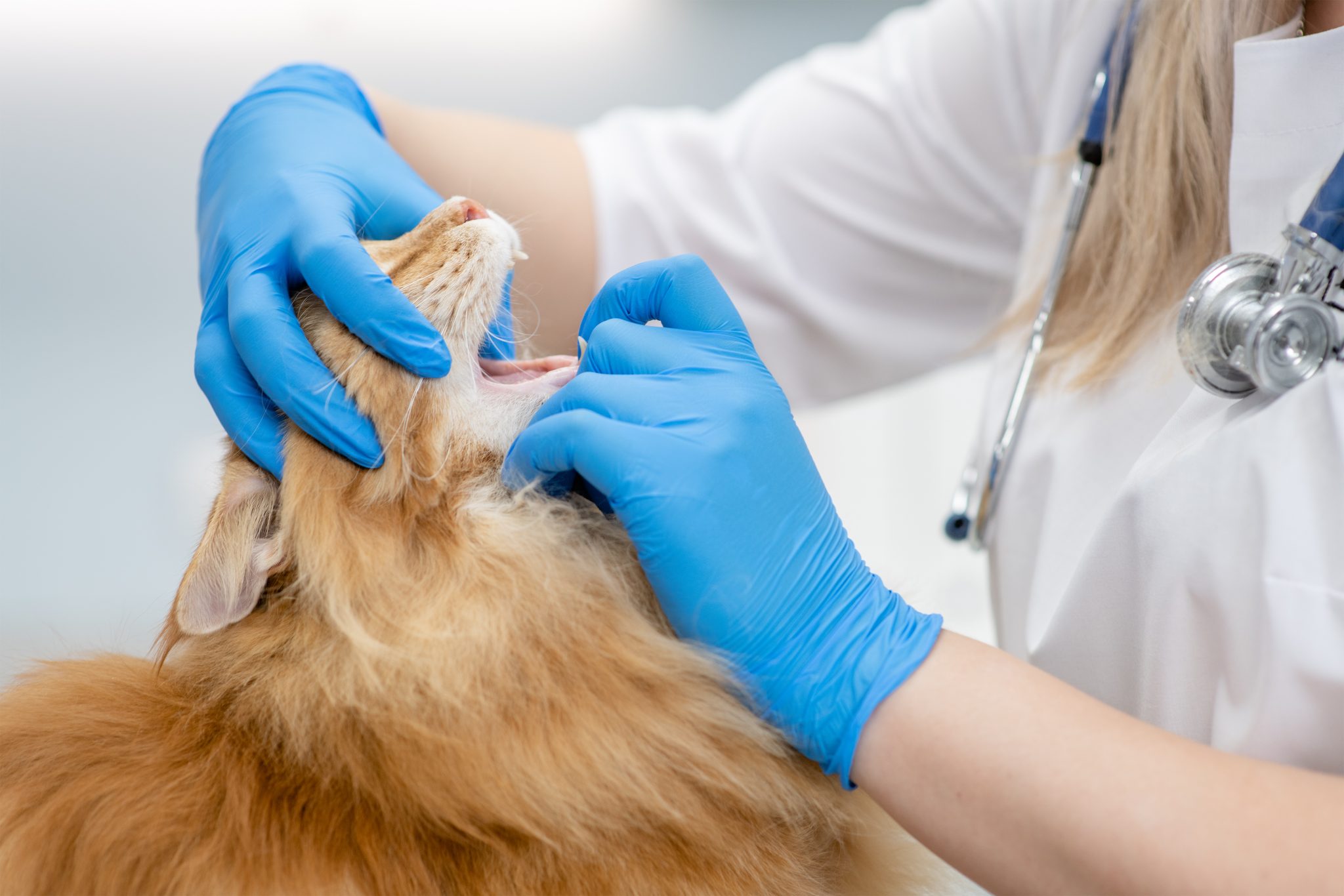

Final Thoughts
There are a number of conditions that may cause sores around your cat’s mouth, all of which warrant a visit to the vet. Although most of these diseases are relatively mild, they can deteriorate rapidly if they become infected. The potential risk of squamous cell carcinoma is another important reason why you should always consult a vet if you notice any lumps, bumps, ulcers, or sores on your cat’s face or the rest of their body.
Become confident when examining your cat’s mouth, and if you are in doubt, do not hesitate to get your cat checked out.
See also:
- What Causes Mouth Ulcers in Cats? Our Vet Explains Signs, Causes & Prevention
- Cat Mouth Sore: Causes, Signs & Treatments (Vet Answer)
Featured Image Credit: PRESSLAB, Shutterstock
